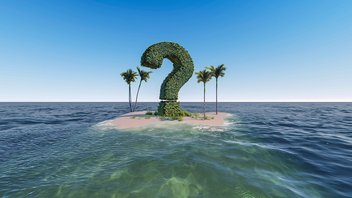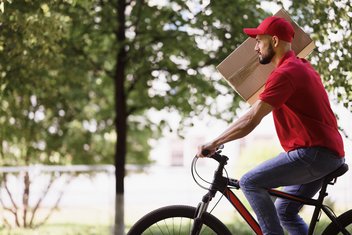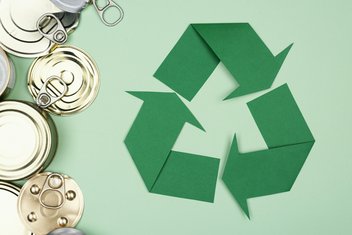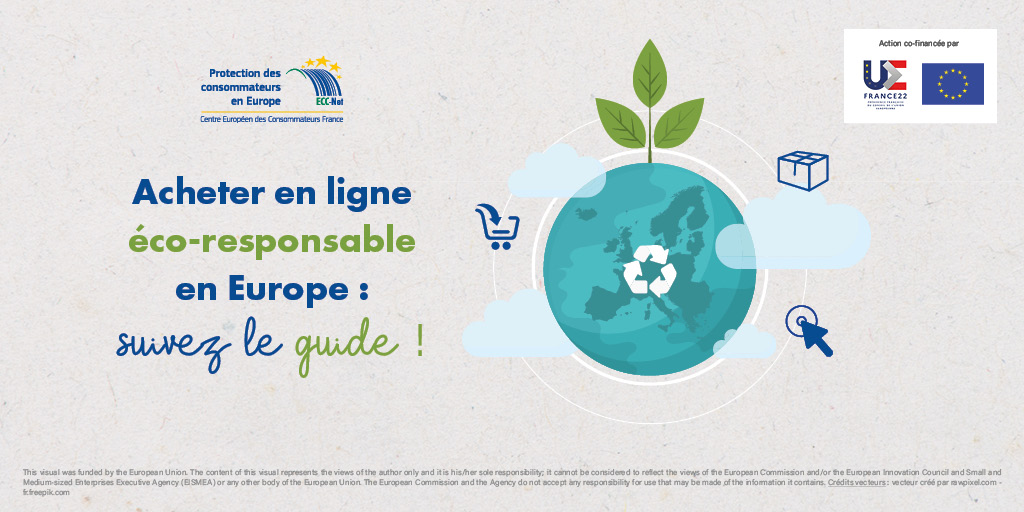Tips for eco-responsible online shopping in Europe
Many of us enjoy shopping online from a variety of European e-tailers and there are certainly many advantages to it: attractive prices, quick ordering, delivery in record time (even from another country), 14 days’ no-hassle returns, and guarantees for defective products. All this and more is what drives more and more European consumers to buy online in 2022.
But is it possible to reconcile online shopping with environmental protection ? What is the environmental impact of our online purchases ? Where do the products come from ? What is the rate of CO2 emissions generated by product returns or express deliveries ? What can we do about packaging – including overpackaging of online purchases –, estimated to represent almost a third of all household waste worldwide? What should we do with items we no longer need?
This guide will provide tips on how to find eco-friendly products online, limit the impact of their delivery, avoid order returns, and how to repair and recycle your products in order to support the environment.
Our glossary will help you navigate the sustainability jargon and help you buy environmentally friendly products online within Europe.
Sustainable Online Shopping in France : A short glossary
- Bilan carbone négatif (Climate-positive or carbon-negative) : These terms indicate a negative carbon footprint, i.e., when a company produces products or supplies services using processes that reduce carbon emissions and offsets its emissions.
- Certifié agriculture biologique (Certified-organic product) : A product certified as organically grown.
- Commerce équitable (Fair trade) : Systems of certification based on ethical trading standards for farmers and workers that aim to ensure equitable and fair conditions in the production and sale of their products.
- Cruelty-Free : This means the product has not been tested on animals and is sometimes associated with ‘vegan’ products.
- Durable : Long-term, long-lasting.
- Efficacité énergétique (Energy efficient) : A product with low energy consumption or clever distribution of the energy use during an activity or process.
- Empreinte carbone (Carbon footprint) : A measure of the amount of CO2 (a greenhouse gas) released into the atmosphere by any one activity.
- « Faites-le par vous-même » (DIY) : Short for ‘Do it yourself’, here referring to recycling and reuse.
- Greenwashing / Social washing : A marketing strategy aimed at making people believe that the company has ethical and environmental policies when it comes to manufacturing processes and product credentials.
- Mode éphémère / mode express (Fast fashion) : It generally describes mass-produced inexpensive clothing produced and also discontinued at a fast rate by manufacturers and retailers in response to the latest, quick-changing trends. Its marketing drives consumers to overconsumption and encourages people to replace cheap old clothes with new ones continuously. High volumes of these clothes end up in the landfill.
- Mode durable / éthique (Ethical (slow) fashion) : The opposite of ‘fast fashion’, it favours quality and durability of clothes rather than quantity and also promotes ethical working conditions of the workers producing the garments for the manufacturing or retail chain.
- Mode de vie éco-responsable (Green living) : A lifestyle based on personal consumption and activities which are kind on the environment.
- Produit « bio » (Organic product) : This must be a product resulting from organic farming, which does not use synthetic chemicals, genetically-modified seeds and processes, and limits the use of additives, such as fertilisers, insecticides, etc..
- Produit d’occasion (Second-hand) : Used item, which is therefore no longer sold as new.
- Reconditionné (Refurbished) : Also known as ‘reconditioned’. In France, refurbished means a second-hand product which has undergone tests covering all its functionalities in order to establish that it meets the legal safety obligations and the use that the consumer can legitimately expect. Before going on sale again, former user data has been deleted.
Sustainable Online Shopping in Europe : Follow the guide !
Find all our tips for buying eco-responsibly online in Europe in our guide.

This guide was funded by the European Union and the French presidency.
Funded by the European Union. Views and opinions expressed are however those of the author(s) only and do not necessarily reflect those of the European Union or the European Innovation Council and Small and Medium-sized Enterprises Executive Agency (EISMEA). Neither the European Union nor the granting authority can be held responsible for them.








